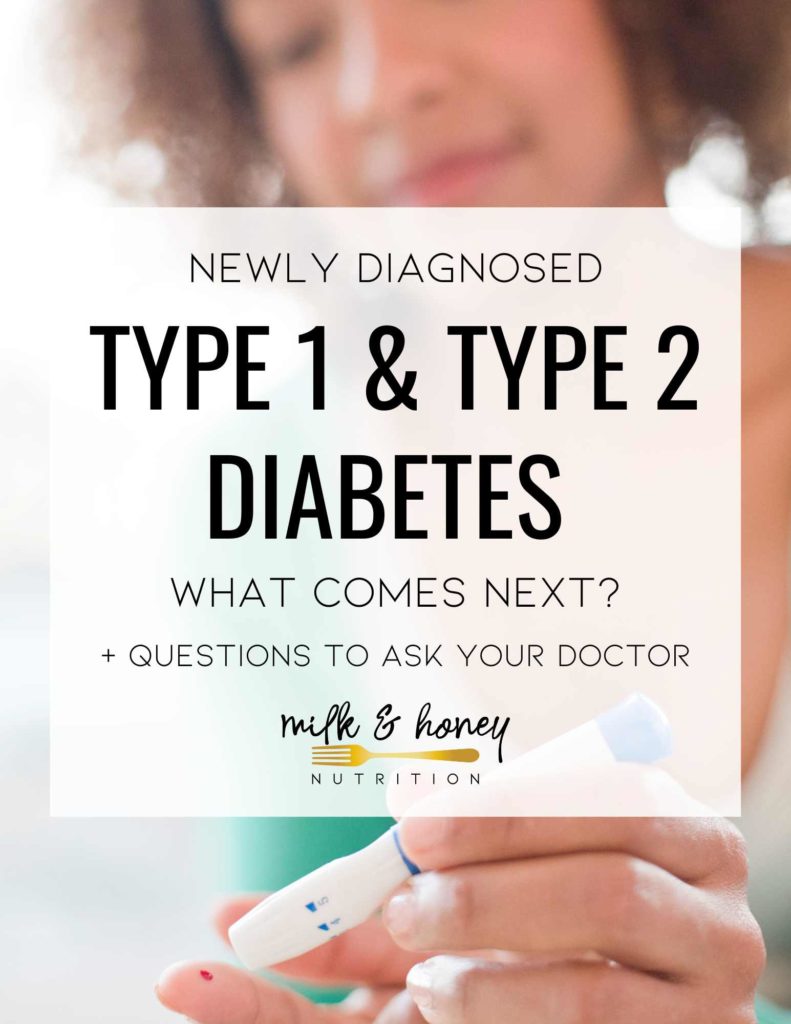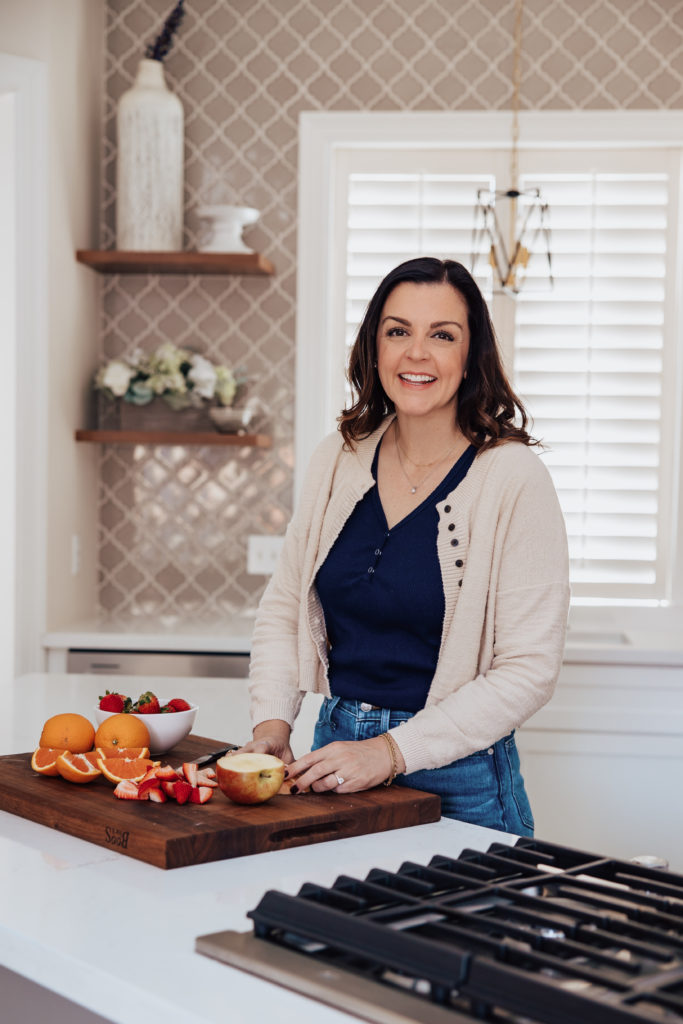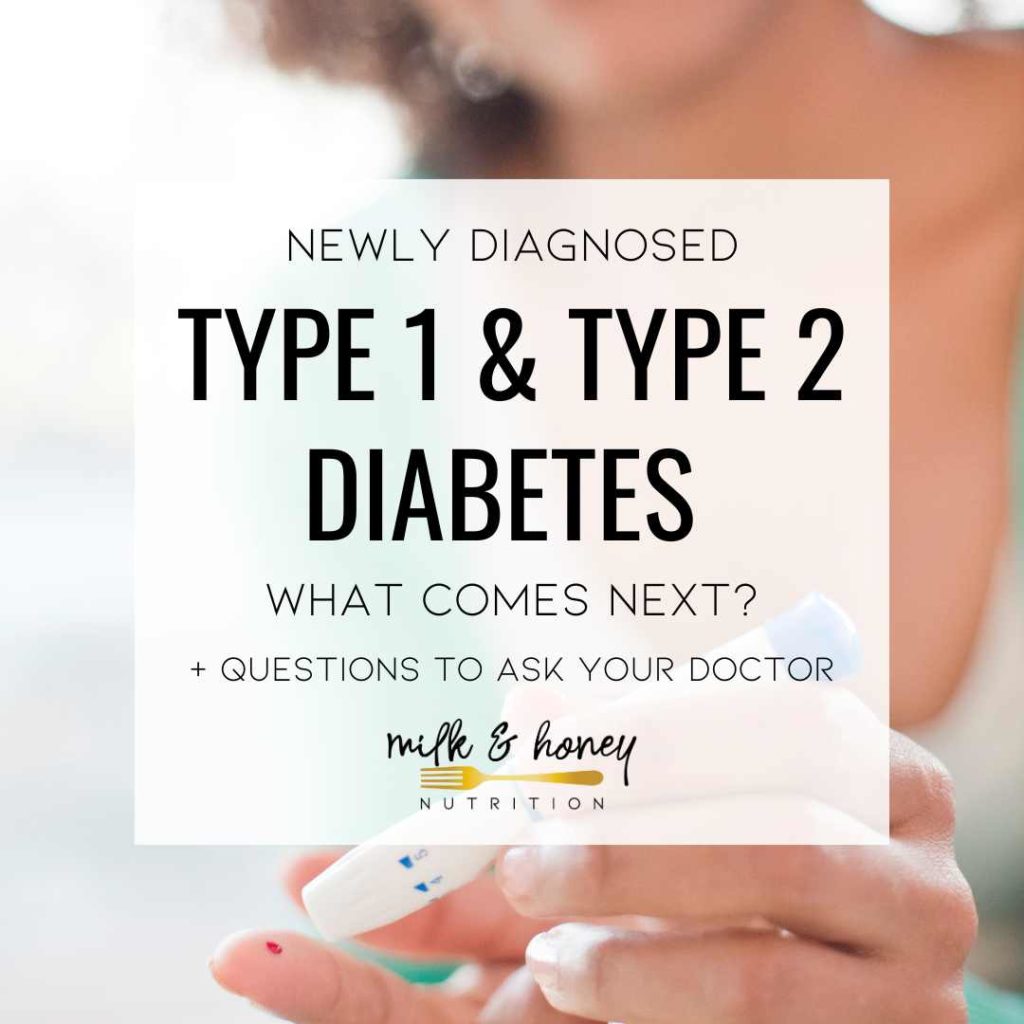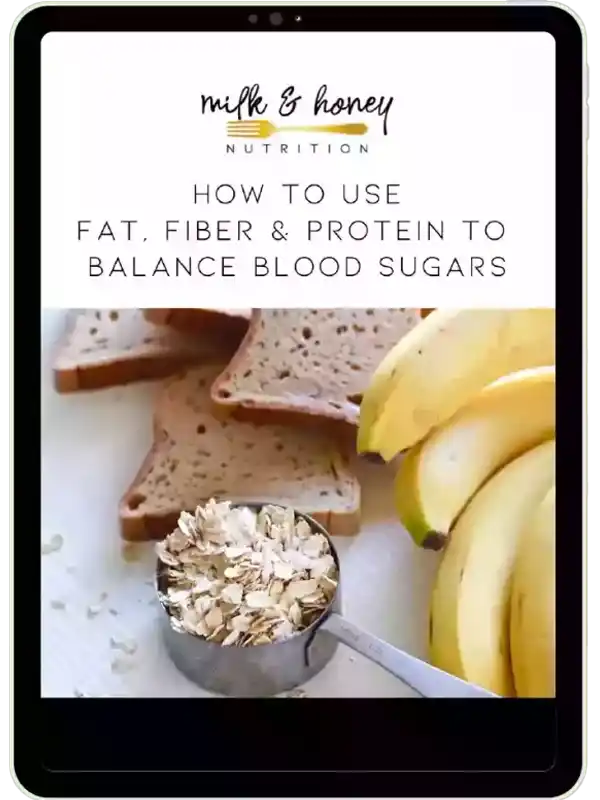
In this article, we’ll cover what to know and what questions to ask when you’re managing newly diagnosed diabetes.
Anyone dealing with newly diagnosed diabetes, knows just how overwhelming everything that comes with a diabetes diagnosis can be. Keep reading for an overview that simplifies and clarifies what you need to know when you’ve just been diagnosed with diabetes.
Just diagnosed with diabetes?
If you have newly diagnosed diabetes, you’re in the right place. Below, we’ll cover the more technical things you need to know about living with diabetes, but before we get there I want to make sure that before everything else you know just one thing.
Your diabetes diagnosis is not your fault. It doesn’t matter what type of diabetes you have (type 1, type 2, gestational, MODY, LADA, etc.)… it’s not your fault. Your life is not over. Yes, it may be overwhelming now, but it will get less and less so as time goes on. You deserve to live a full life and take every shot and opportunity you want to. You’ve got this. And, I’m here to help!
My diabetes diagnosis story
Shortly after I turned five, my parents started noticing I had lost weight, was all of a sudden wetting the bed again, and developed a yeast infection. (Yeast infections commonly present in young girls and women with elevated blood sugars.)
My mom had just been diagnosed with type 1 diabetes herself 5 years before while she was pregnant with me, so she started to put everything together. And, she immediately tested my blood sugar. The meter read over 300 mg/dL!
She immediately called my pediatrician thinking they would tell her to take me to the hospital or bring me right in. Unfortunately, the pediatrician did not believe her. So like any good mother, she marched right up to that office and tested my blood sugar right in front of them. After many apologies, they told her to take me straight to the local children’s hospital.
We stayed there for 4-5 days while they figured out my insulin doses, and my parents wrapped their heads around not only my mom having type 1 diabetes but now their oldest child.
My parents did nothing wrong. Nothing they did caused or could have prevented my diagnosis. The same is true for you… whether you have a child with diabetes, or just received a diagnosis yourself as an adult.

Diabetes diagnosis statistics
One of the other things I find comfort in is that we are not alone. You probably know someone else dealing with diabetes too. According to the American Diabetes Association in 2019, 11.3% of the US population had diabetes (37.3 million people!). 28.7 million were diagnosed and an estimated 8.5 million were unaware they were living with diabetes (undiagnosed).
Additionally, 1.4 million Americans receive a diabetes diagnosis each year.
What to do if you were just diagnosed with diabetes
After receiving a diabetes diagnosis, you likely have a million different thoughts and feelings running through your head. That’s normal. Newly diagnosed diabetes brings lots of overwhelming stressors.
So, what do you do? I want you to remember the things I mentioned above:
- Diabetes is not your fault
- Managing your diabetes will get less overwhelming over time.
And then, I want you to remember that you can ask questions and your healthcare team is there to help you. It’s their job. Ask them questions. Ask them to clarify things for you. Tell them what you need.
And, don’t worry, keep reading and I’m going to dive deeper into exactly what to ask your healthcare team and doctors.
Newly diagnosed diabetes and illness
Living with diabetes of any type, even when in the best blood sugar control possible, impacts your immune system and increases your risk for serious illnesses. This means you may need to receive additional vaccinations to help protect you.

Newly diagnosed type 1 diabetes
A type 1 diabetes diagnosis in both adults and children can be incredibly overwhelming, and unfortunately, often involves a hospital stay. Compared to type 2, in the short term undiagnosed type 1 diabetes presents a more dangerous scenario than undiagnosed type 2. So, many people find themselves in the middle of a physiological fight or flight type response. The stress of this can make blood sugars difficult to manage initially.
Type 1 diabetes diagnosis: Next steps
Type 1 diabetes diagnoses often happen in childhood, though more and more people receive a diagnosis in young adulthood and beyond. This is presenting as both Latent Autoimmune Diabetes of Adulthood (LADA) and a traditional type 1 diabetes diagnosis. Some of the things to ask and do after diagnosis are the same for both adults and children:
- Ask for recommended endocrinologists in your area.
- Ask for an appointment with a dietitian.
- Have the hospital dietitian give you carb counting cheat sheets, websites, apps, etc. to get you by until you can meet with a dietitian.
- Call insurance and ask for their preferred brand with the best coverages for:
- CGM
- Insulin pump
- Insulin
- Glucose meter and test strips (Ask the hospital or your physician if they have samples of the meter your insurance prefers you use… they usually do.)
- Ketone meter and test strips
- Have the hospital physician (or whoever you see first) immediately send a prescription for a continuous glucose monitor (CGM) to get the process started.
- Remember you (or your child) do not have to “go keto” to manage diabetes effectively.
- Create low blood sugar stations around your home, work, school, and car with supplies to treat low blood sugars
- You may experience a honeymoon phase where you need less insulin initially. Ask how to respond to changes in blood sugars and adjust insulin doses.
- At diagnosis, many people with type 1 diabetes have been experiencing weight loss. Some weight gain is normal and ok.
- Ask for a referral to a mental health professional to help you process the emotions and burden that comes with life with diabetes.
- Order a medical ID (bracelet, necklace, etc.)
Newly diagnosed type 1 diabetes in an adult
Additional things to ask and do after being diagnosed with type 1 diabetes specifically as an adult include:
- For your safety, talk to your partner/loved ones/friends and tell them about type 1 diabetes. Train them on what to do if you have a low blood sugar emergency.
- Similarly, tell your employer or someone you work with and train them on what to do if you have a low blood sugar emergency. Ask for accommodations from your employer if needed as well.
- Ask if you need any additional vaccines as a result of your diagnosis
Newly diagnosed type 1 diabetes in a child
If your child has been diagnosed with type 1 diabetes, keep the following in mind as well:
- Ask for an appointment with a pediatric dietitian who specializes in type 1.
- Schedule an appointment with your child’s school nurse and teachers and create low blood sugar treatment kits for each classroom they will be in.
- Depending on your state, fill out the necessary forms for accommodations at school.

Newly diagnosed type 2 diabetes
For most people newly diagnosed with type 2 diabetes, the experience does not involve a hospital stay like we see with type 1 diabetes. A new diagnosis of type 2 diabetes is usually not an immediate life threatening situation, but it does typically mean some lifestyle changes and adjustments need to be made to effectively manage blood sugars.
What is the first line of treatment for newly diagnosed diabetes?
If caught early enough, pre-diabetes and type 2 diabetes can initially be managed without medication… and in some cases it can be reversed. If medication is needed, many physicians start with metformin depending on what your HgbA1c was at diagnosis.
Newly diagnosed type 2 diabetes guidelines and questions to ask
A type 2 diabetes diagnosis in both adults and children can be incredibly overwhelming. Whether you were recently diagnosed with type 2 diabetes or your child was, ask your healthcare team for help with the following things…
- Ask for recommended endocrinologists in your area.
- Ask for an appointment with a dietitian.
- Call insurance and ask what your coverage is for:
- CGM
- Glucose meter and test strips (Ask your physician if they have samples of the meter your insurance prefers you use… they usually do.)
- Ketone meter and test strips
- Any medication prescribed
- Remember you (or your child) do not have to “go keto” to manage diabetes effectively.
- Create low blood sugar stations around your home, work, school, and car with supplies to treat low blood sugars
- At diagnosis, some people with type 2 diabetes may have been experiencing weight loss. Some weight gain is normal and ok.
- Ask for a referral to a mental health professional to help you process the emotions and burden that comes with life with diabetes.
- Order a medical ID (bracelet, necklace, etc.)
Newly diagnosed type 2 diabetes in adults
Additional things to ask and do after being diagnosed with type 2 diabetes as an adult include:
- If your HgbA1c was abnormally high without an identifiable cause, ask for a peptide test to rule out a type 1 diagnosis.
- Ask if you need any additional vaccinations
Newly diagnosed type 2 diabetes in a child
In addition to the above, after a child is diagnosed with type 2 diabetes, ask the following:
- Ask your child’s doctor about MODY (Maturity Onset Diabetes of the Young) and see if they need to be screened.
- Seek out a pediatric endocrinologist and dietitian.
Diabetes cookbooks for newly diagnosed diabetes (all types of diabetes)
As mentioned in both the type 1 and type 2 sections above, newly diagnosed diabetes does not mean you need to suddenly go keto or cut out all carbohydrates. It also doesn’t mean you need to give up your favorite foods. It just means we need to be a little more strategic and intentional about our food choices.
People with all types of diabetes can benefit from learning to pair fat, fiber, and protein to help promote stable blood sugars.
As a dietitian, living with diabetes myself, I’ve written two cookbooks to help you navigate this life with diabetes!


FREE download: Questions about diabetes to ask your doctor and things to do (all types of diabetes) with newly diagnosed diabetes
If you’d prefer to have an easy to read checklist to download with all of these things to ask your doctor and things to do with newly diagnosed diabetes, click here.

Newly diagnosed diabetes: Now what?
And finally, don’t forget to check out the Diabetes 101 section here on Milk & Honey Nutrition. I specifically created this section of the website for people with newly diagnosed diabetes. We’ve taken all of the content available here on Milk & Honey Nutrition and pared it down to the need to know topics after a new diagnosis: Healthy Living, Managing Blood Sugars, and Tools & Resources.
And most importantly, remember you’ve got this, and you will live an amazing life with diabetes!!





